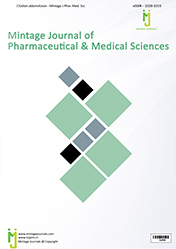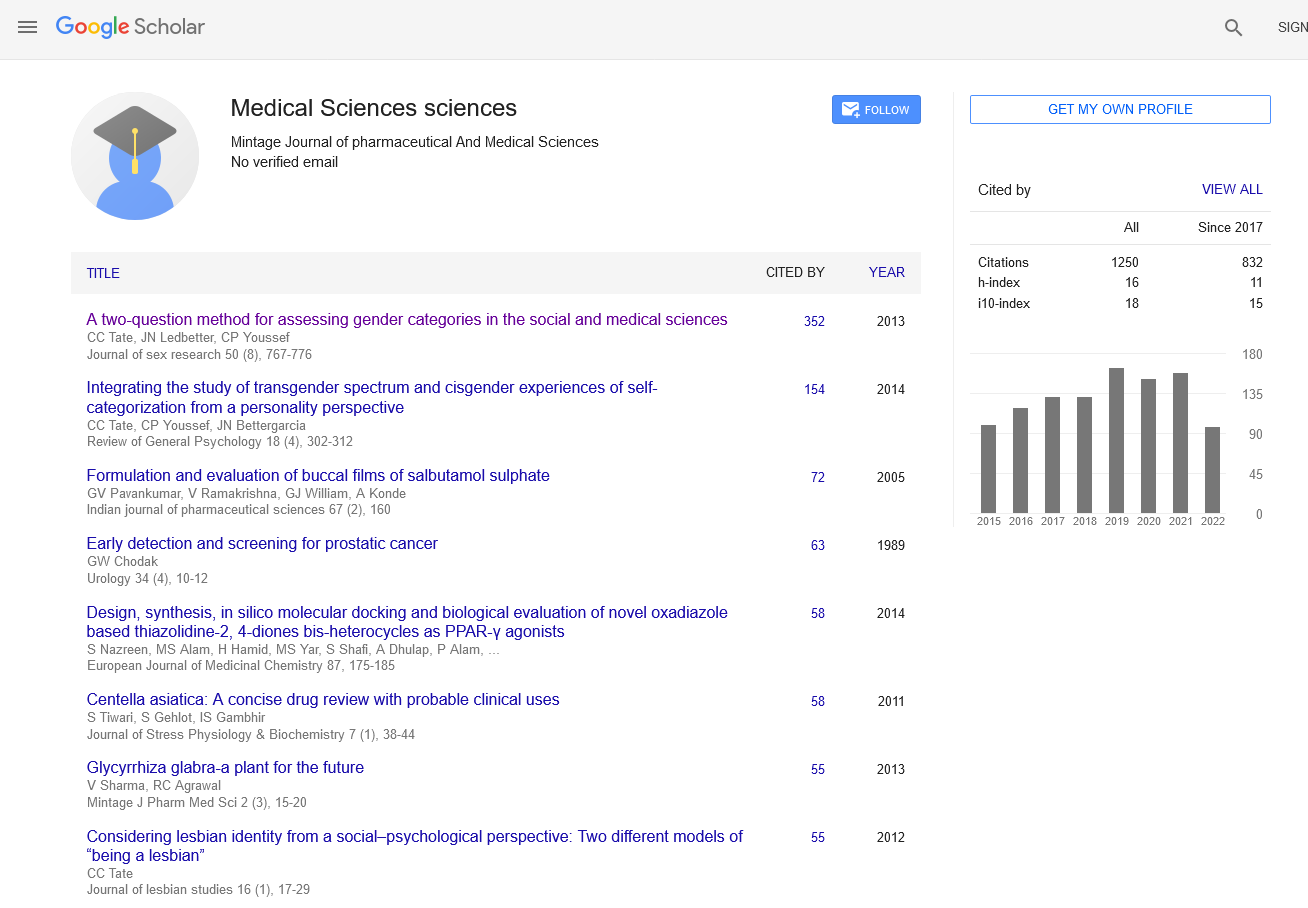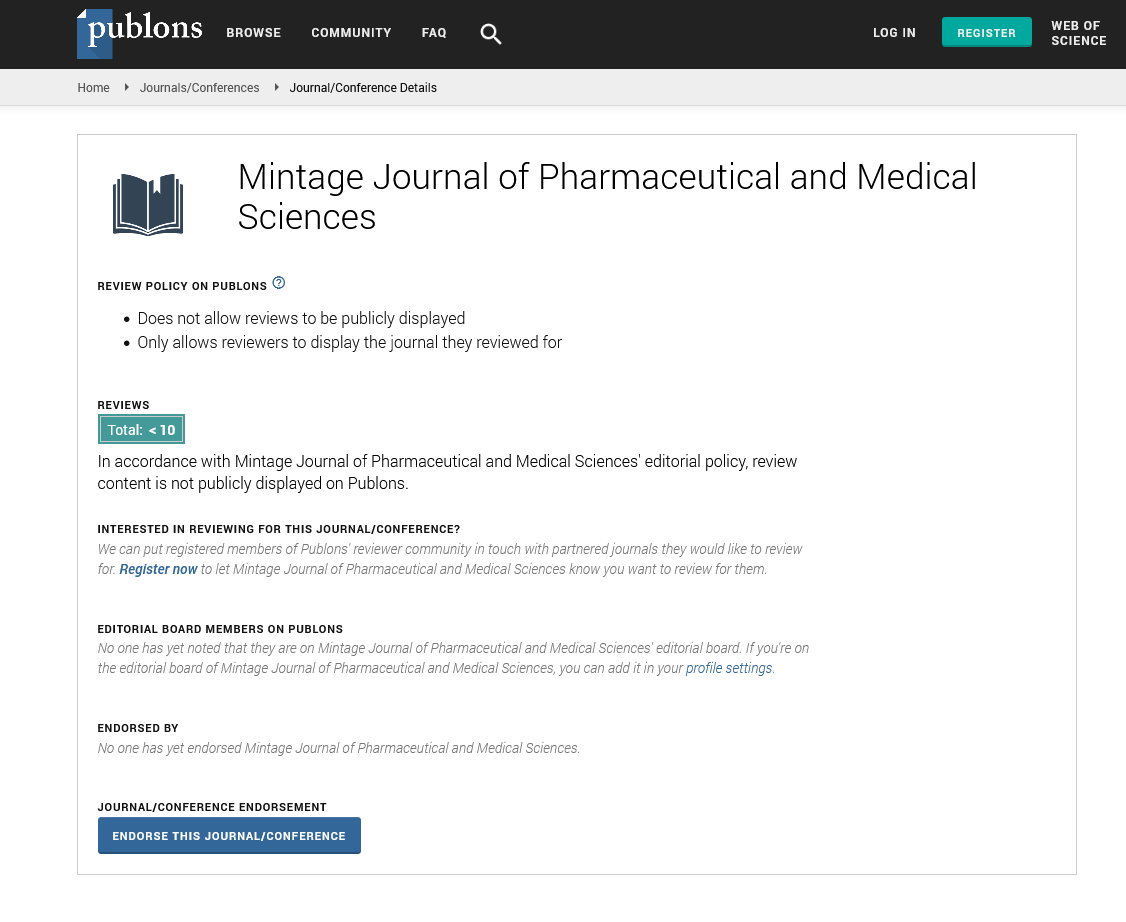Abstract
EFFICACY OF COMBINATION OF NITROFURANTOIN WITH GENTAMICIN, AND CIPROFLOXACIN AGAINST RESISTANT E. COLIISOLATED FROM PATIENTS WITH URINARY TRACT INFECTIONS:IN VITRO STUDY
Author(s): ABDULKAREEM H.ABD1, MARWAH HASAN ABD2,FATMA ABDULHAMZA OBED3
The aim of this study to determinedin vitro effects of various combinations of three antimicrobials (nitrofurantoin, gentamicin and ciprofloxacin) against twenty five E. coliisolates and the role of plasmidDNA in antimicrobial resistance.Method: Seventy five E. coli isolates were collected from urine of patients with urinary tract infections in AL-Kadhimia and AL-Yarmook teaching hospitals in Baghdad for a period between 22/11/2012 to 15/3/2013,from these samples twenty five isolates were selected according to their pattern of the highest resistance as these showing multi-drug resistances and tested to specify their minimum inhibitory concentration for (nitrofurantoin, gentamicin and ciprofloxacin. The plasmid profile for the twenty five E. coli isolates were studied using Pure Yield™ plasmid Miniprep system-Cat.# A1220 –Promega-USA. In order to determined the presence of plasmid for antimicrobials resistance.Result :Among combinations the combination of nitrofurantoin with gentamicin showed high synergistic effect when 1/4+1/4 MIC for each antimicrobial were used. While combinations of nitrofurantoin with gentamicin and ciprofloxacin in some isolates showed additive effect when 1/2+1/2 MIC foreach antimicrobial were used. ), nitrofurantoin was found having the lowest MIC comparing with others.Extraction of plasmidDNA indicatesthe presence of antimicrobial resistance plasmid in (A6, A37, A32, and A57) isolates.Conclusion: Nitrofurantoin had more effect on E.coli and with high synergistic effectin combination with gentamicin against resistant Ecoli.that 18 isolatesshow synergistic effect, only2isolate show additive effect, while combination of nitrofurantoin andquinolon better to be avoidedthat in vitro show antagonist effect

ISSN: 2320-3315
ICV :81.58

